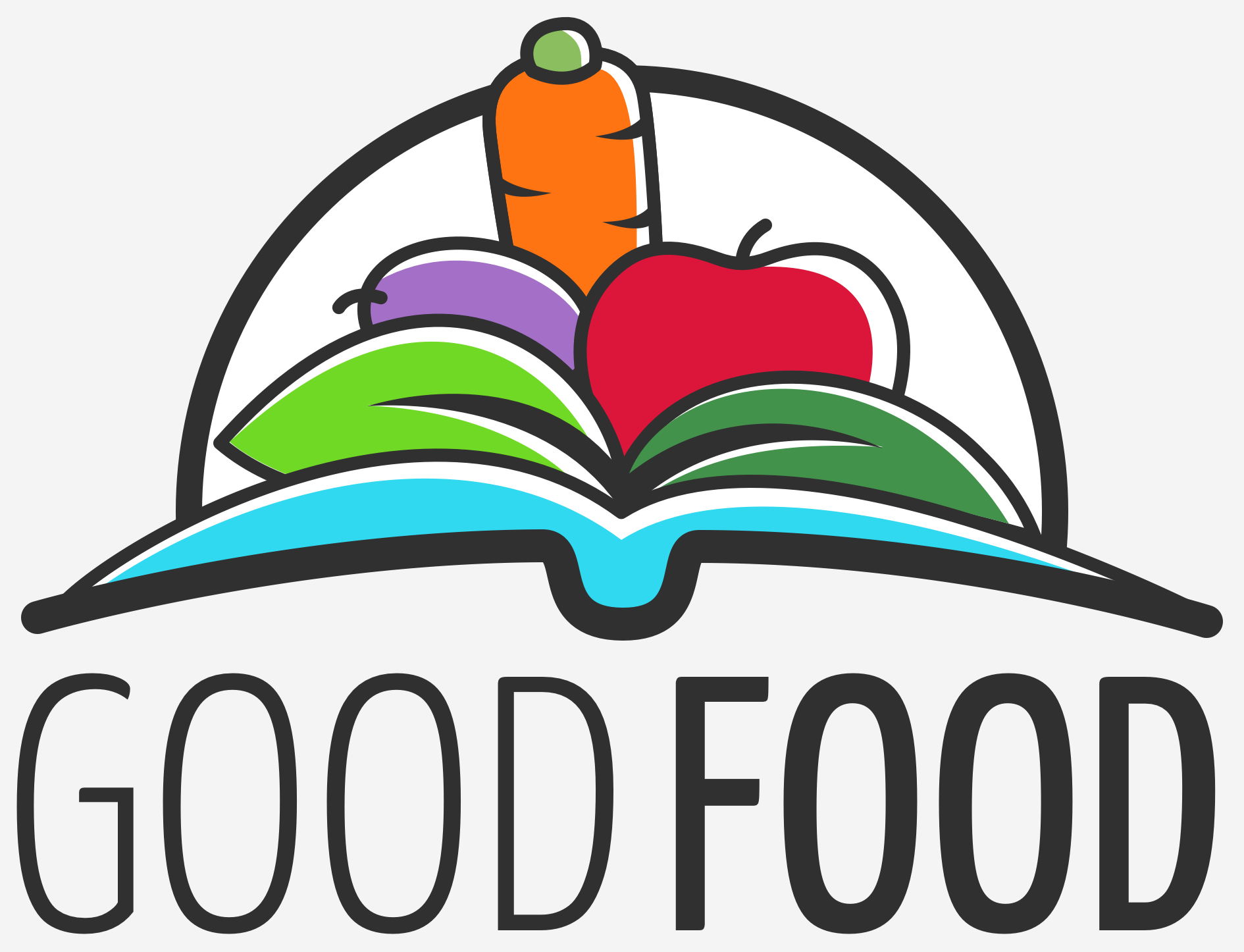About the project

The GOODFOOD project aimed at building a network of EU higher education institutions and rural food communities and territories, to develop, test and implement experiential learning activities and outcomes allowing university teachers and students to learn, explore and exchange knowledge about embedded food systems and best practices of their future development and implementation.

To tackle this, the GOODFOOD consortium developed of a broad spectrum of teaching actions and contents with the organization of 2 Intensive Study Programmes ‘Food systems embedded in territories’ where students from 6 EU universities were analysing various aspects of sustainability of the local food systems (in Münsterland and Piedmont regions) and their embeddedness in the territories. The Intensive Study Programmes were preceded by e-learning modules, to offer students specific background knowledge needed for their embedded food system exploration.
GOODFOOD had a mission to increase students and teachers skills and capacity to contribute towards the resilience and sustainability of food systems embedded in rural communities and territories. For this not only scientific, but especially local and traditional knowledge of food systems stakeholders plays a crucial role, as an indispensable basis for permanent adaptation of embedded food systems to current global challenges such as improvement of food production and quality, marketing practices, market fluctuations and competition, inclusiveness of stakeholders, consumer choices, food sovereignty, rural development and climate change adaptation.
The outputs of the project include the analysis of students understanding of Embedded food systems and expectations towards education within this subject area, e-learning courses on ‘Food systems embedded in territories’, syllabus and educational materials for 2 Intensive Study Programmes, collection of embedded food systems case studies from Europe as basis for educational tools, and a catalogue of innovative teaching practices and best teaching tips for embedded food systems education. All outputs were disseminated during project Multiplier Events and other project dissemination activities, and are available for all interested educators and other stakeholders.

Information
Coordinator: Warsaw University of Life Sciences (WULS), Assoc. Prof. Dominika Średnicka-Tober dominika_srednicka_tober@sggw.edu.pl
Identifier: 2020-1-PL01-KA203-082209
Start Date: 1st Nov 2020
End Date: 31st Oct 2023
EC Contribution: 193,088.00 EUR
Programme: Erasmus+
Key Action: Cooperation for innovation and the exchange of good practices
Action Type: Strategic Partnerships for higher education

Project Partners [Consortium]
Warsaw University of Life Sciences SZKOŁA GŁÓWNA GOSPODARSTWA WIEJSKIEGO W WARSZAWIE
The University of Gastronomic Sciences UNIVERSITA DEGLI STUDI DI SCIENZE GASTRONOMICHE
ISARA-Lyon INSTITUT SUPERIEUR D’AGRICULTURE RHONE ALPES I.S.A.R.A
Münster University of Applied Sciences FACHHOCHSCHULE MUNSTER
Agricultural University – Plovdiv AGRAREN UNIVERSITET – PLOVDIV
University of Oradea UNIVERSITATEA DIN ORADEA

What is Erasmus+?
The Erasmus+ programme aims to boost skills and employability, as well as modernise Education, Training, and Youth work.
